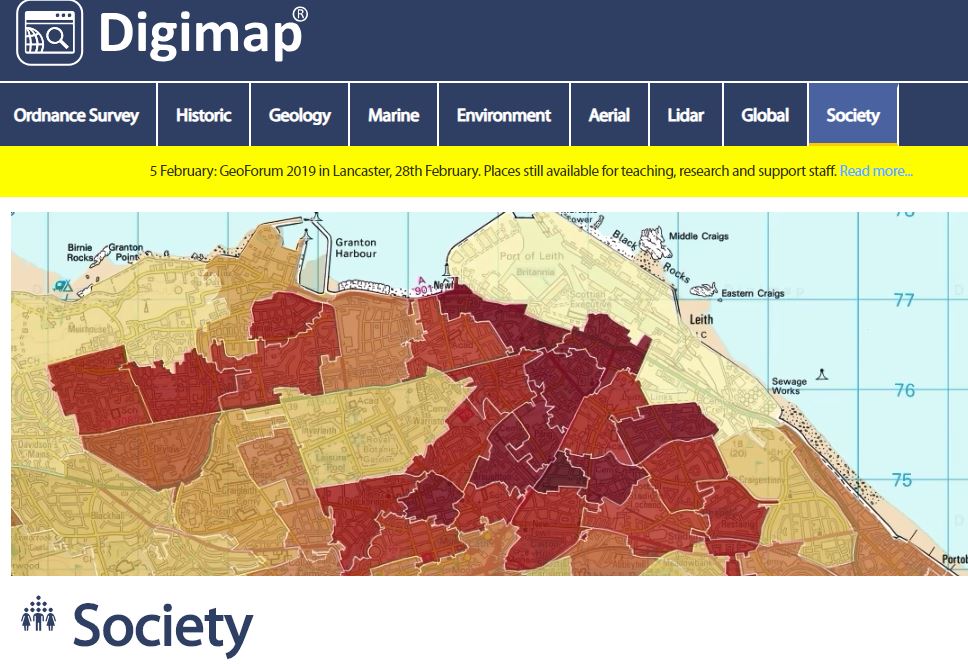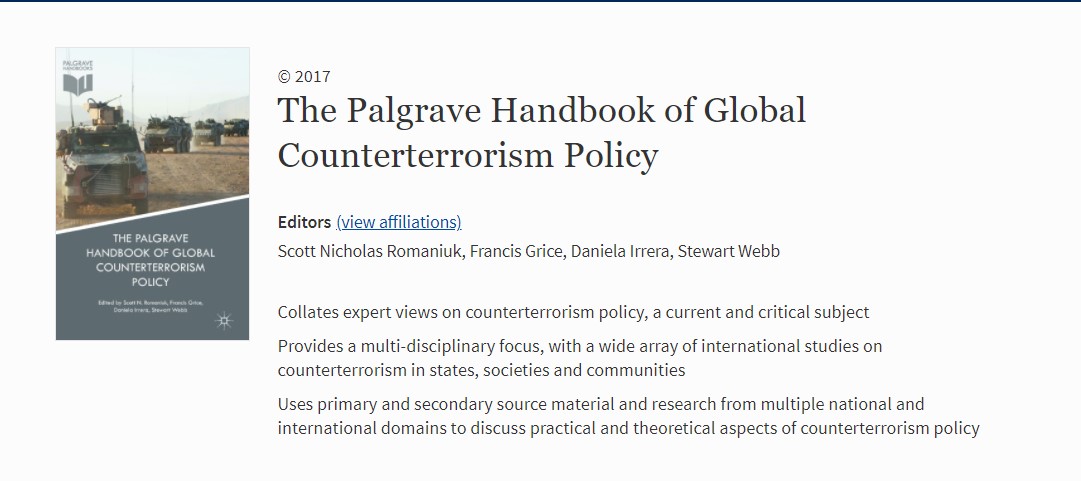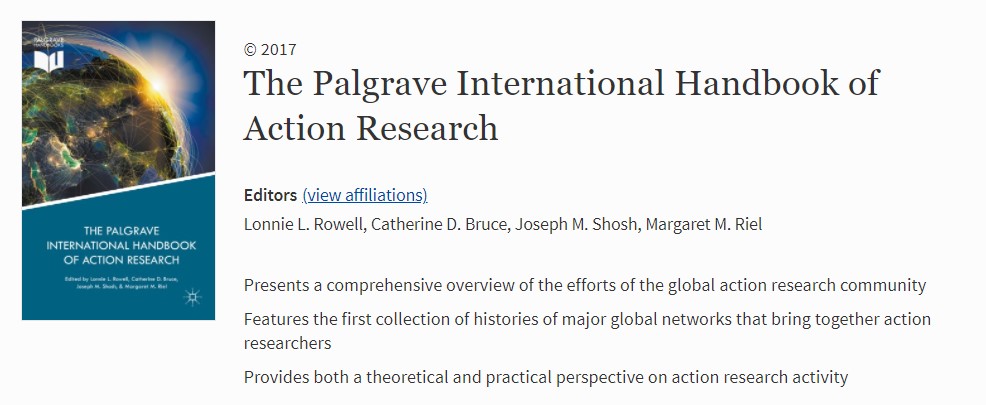We have a service called “Books on Time” for students. This allows you to tell us about the books you need for your studies. If we don’t have the books you need, simply complete the web form and we’ll see if we can buy them. For books we already have in stock, if they are out on loan please make a reservation/hold request using Library Search.
Further information about Books on Time
In Semester two, academic year 2017/2018 we bought the following items after requests from students in ECLS.
There were 42 requests from 24 students totaling £2498.33(4% of requests from undergraduates, 58% from Postgraduate taught and 38% from Postgraduate Research)
| Title | Now in stock |
| Handbook of Research on Foreign Language Education in the Digital Age | 1xlong |
| Handbook of Research on Learning Outcomes and Opportunities in the Digital Age | 1xlong |
| Understanding Narrative Inquiry The Crafting and Analysis of Stories as Research | 1xlong |
| Agency at Work: An Agentic Perspective on Professional Learning and Development (Professional and Practice-based Learning) | 1xlong, 1xebook |
| Team Teaching and Team Learning in the Language Classroom Collaboration for innovation in ELT | 1xlong |
| Global Mental Health | 1xlong, 1xebook |
| The Child at School: Interactions With Peers and Teachers | 1xlong |
| An Introduction to Systematic Reviews | 2xlong |
| Communities of Practice: Critical Perspectives | 2xlong |
| Early Childhood Matters: Evidence from the Effective Pre-school and Primary Education Project | 1xlong |
| Arabic in the City: Issues in Dialect Contact and Language Variation | 1xebook |
| Mindful L2 Teacher Education: A Sociocultural Perspective on Cultivating Teacher’s | 1xlong |
| The Research Interview: Reflective Practice and Reflexivity in Research Processes | 1xlong |
| Best practice in professional supervision | 1xebook |
| Survey Methods in Multicultural, Multinational and Multiregional Contexts | 1xlong |
| Survey Methodology | 1xlong |
| The Network Challenge: Strategy, Profit and Risk in an Interlinked World | 1xlong |
| The Handbook of Communication Science | 1xlong |
| Entrepreneurial Marketing (2nd Edition) Sustaining Growth in All Organisations | 1xlong |
| The Sage Handbook of Process Organization Studies | 1xlong |
| Supporting Communication for Adults with Acute and Chronic Aphasia (Augmentative and Alternative Communication Series) | 1xlong |
| Reconceptualising Feedback In Higher Education: Developing Dialogue With Students | 1xlong |
| From Testing to Productive Student Learning: Implementing Formative Assessment in Confucian-Heritage Settings | 1xlong |
| Lesson Study : A Handbook of Teacher-led Instructional Change | 1xlong |
| Transcribing Talk and Interaction | 1xlong |
| Peer Learning in Higher Education: Learning From and With Each Other | 1xlong |
| Differentiation and Diversity in the Primary School | 1xlong |
| Religion, Identity and Politics in Northern Ireland: Boundaries of Belonging and Belief | 1xlong |
| Through the labyrinth: the truth about how women become leaders | 1xlong |
| Handbook on Peace Education | 1xlong |
| Educating for Peace in a Time of Permanent War: Are Schools Part of the Solution or the Problem? | 1xlong |
| Encyclopedia of Peace Education | 1xlong |
| Peace Education: Exploring Ethical and Philosophical Foundations | 1xlong |
| Colombia: Building Peace in a Time of War | 1xlong |
| Young People and Political Participation: Teen Players | 1xebook |
| Shaken & Stirred : The Feminism of James Bond | 1xlong |
| Getting Published in Academic Journals : Navigating the Publication Process | 1xlong |
| Introducing English for Academic Purposes | 5xlong, 1xebook |
| Corpus Approaches to Discourse: A Critical Review | 1xlong |
| The Language of Evaluation: Appraisal in English | 1xlong |
| The Routledge Handbook of Language Awareness | 1xlong |
| Toxic Childhood: How the Modern World is Damaging Our Children and What We Can Do About It | 1xlong |




